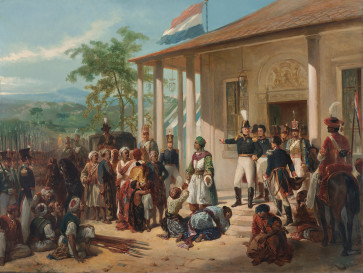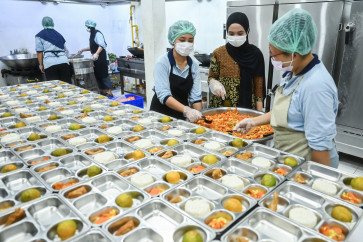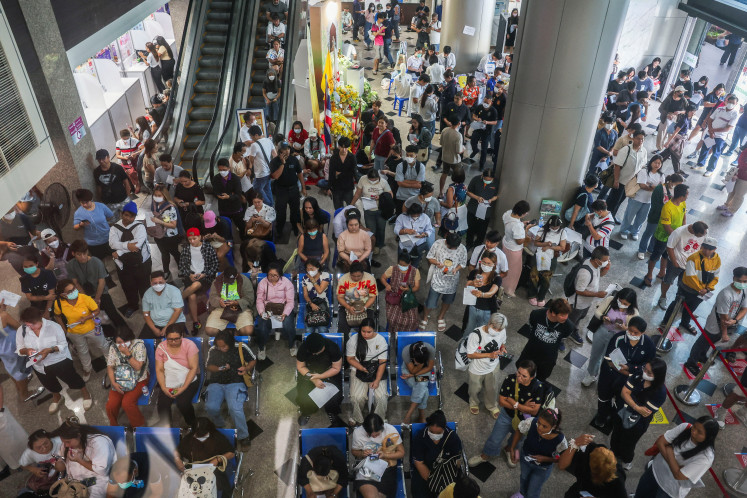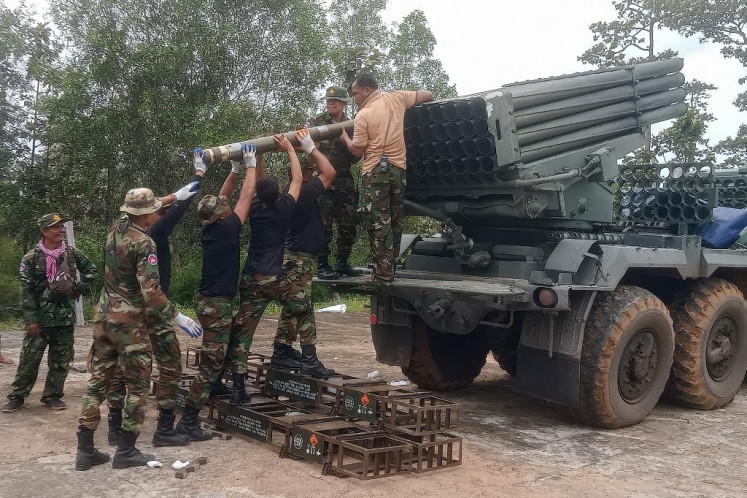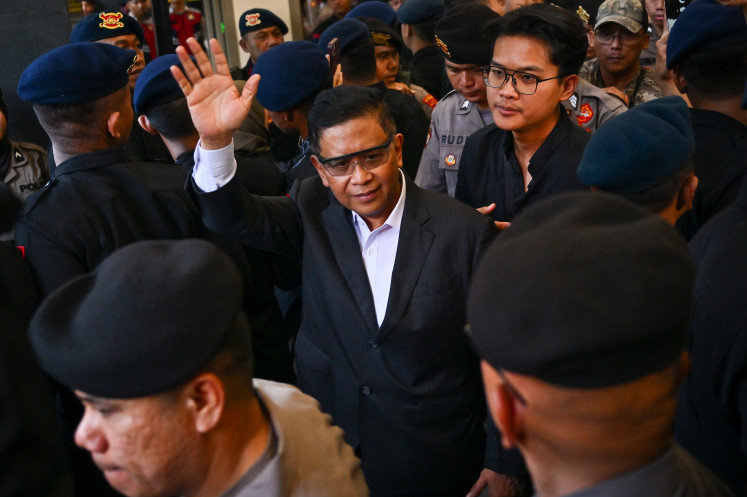Popular Reads
Top Results
Can't find what you're looking for?
View all search resultsPopular Reads
Top Results
Can't find what you're looking for?
View all search resultsDraft sought to guard Palu from lingering communal conflicts
A recently completed draft of a community-based, conflict settlement mechanism compiled by the People’s Legal Aid Association (PBHR), will immediately be handed over to the Palu city administration and council for approval
Change text size
Gift Premium Articles
to Anyone
A
recently completed draft of a community-based, conflict settlement mechanism compiled by the People’s Legal Aid Association (PBHR), will immediately be handed over to the Palu city administration and council for approval.
The draft has been worked out with support from the United Nations Development Program’s (UNDP) project management unit, the Peace Through Development.
PBHR director Muhammad Masykur told The Jakarta Post on Wednesday in Palu that the draft had gone through several tests, presented in seminars, workshops and group discussions, involving various members of community.
“We will immediately submit the draft ordinance to the Palu municipality, which is later expected to forward it to the city council for enactment,” Masykur said.
PBHR is spearheaded by former student activists once affiliated with the Palu Students Communication Forum (FKMP) concerned with sociopolitical, economic, legal and human rights issues.
FKMP activists have been providing advocacy and counseling on cases related with marginalization and oppression. It was initially named Palu People’s Legal Aid Foundation (LBHR PLU) before changing from “foundation” to “association”.
The Peace Through Development Program is an institution sponsored by the UNDP, aimed at funding social institutions and nongovernmental groups in a number of programs, including fostering peace in conflict and post-conflict areas.
According to Masykur, the draft ordinance contains 12 chapters and 61 articles, addressing, among other things, conflict handling systems, responsibilities of security personnel, the government and community, conflict potential mapping, conflict prevention and detection, conflict analysis report, reconstruction and sanctions.
PBHR has intentionally formulated the draft ordinance because Palu city is included as a conflict-prone area in Central Sulawesi.
The city is one of the transit areas for “warmongers” intending to incite conflict in the province.
“That’s why the draft ordinance will regulate government policies on the local level to anticipate conflicts and detect “warmongers” from entering the area,” he said.
Palu’s Tadulako University’s Conflict Management and Peace Research Center activist Muhammad Marzuki said Palu was the only city in Indonesia to enforce an ordinance on community-based conflict handling.
Poso, as a former conflict area, he added, lacked a strong intention to formulate a conflict handling ordinance.
“This proves that the Palu municipality has a strong will to create peace and a sense of harmony for the community,” Marzuki, who is also a post-graduate lecturer at Tadulako University, said.
Palu and Central Sulawesi in general have been battered by communal conflicts. The Poso conflict, which took place between 1998 and 2002, claimed the lives of thousands of people.
The recent bomb attacks on houses of worship and murders of religious figures in Palu were seen as spillover from the Poso conflict.



